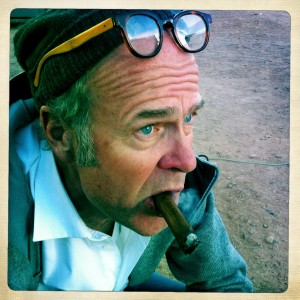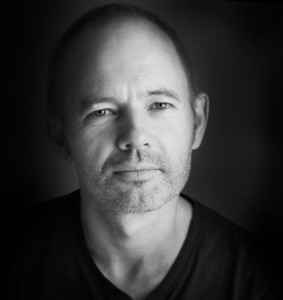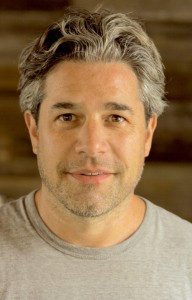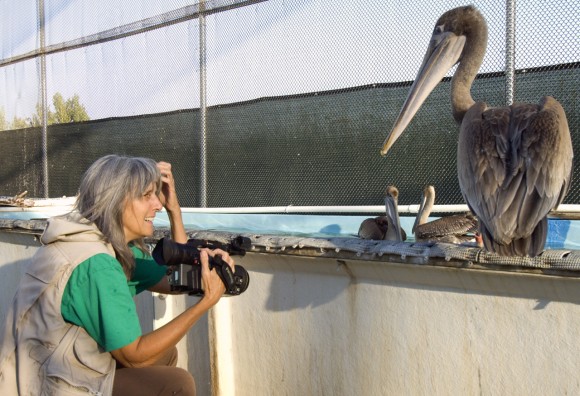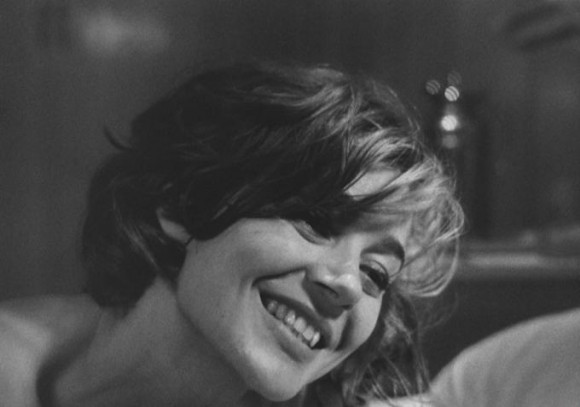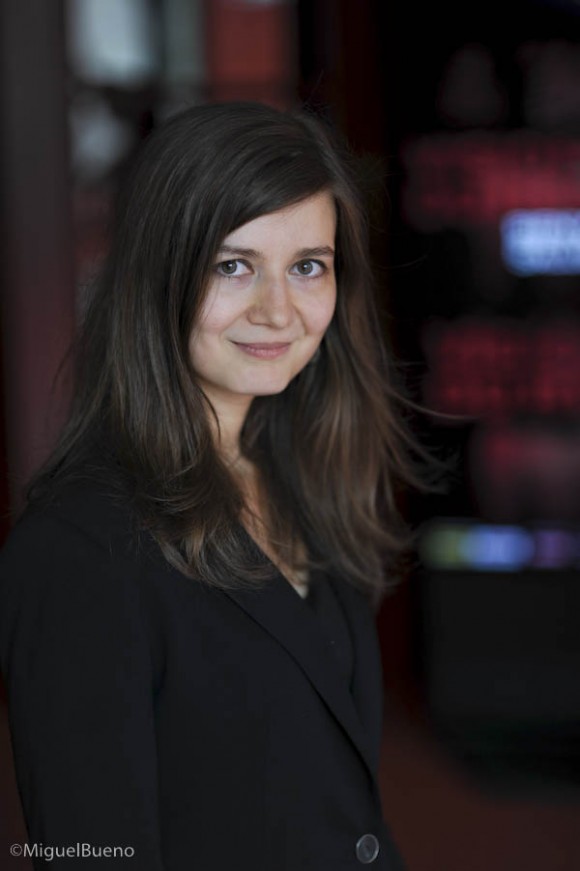On October 31 we open the Swedish film FORCE MAJEURE, Ruben Östlund’s wickedly funny and precisely observed psychodrama about a seemingly model married couple who suddenly find themselves in crisis after the husband does something extremely cowardly and selfish. Written and directed by Östlund (Play, Involuntary), the film was a word-of-mouth sensation at the Cannes Film Festival earlier this year, where it won the Jury Prize in Un Certain Regard. Östlund recently sat for an interview with Indiewire’s Ryan Lattanzio to talk about this top contender for the Foreign Language Oscar:
Indiewire: What initially interested you about a couple in crisis?
Östlund: It started with the avalanche: I had been skiing a lot and when I was between 20 and 25, I was making ski films in the Alps, traveling around Europe and in North America. Then I went to film school, and I left the ski world behind me, and I was trying to go back to the ski world, and to highlight the absurdity of that world. I was inspired by a YouTube clip of a group of people sitting at an outdoor restaurant filming an avalanche tumbling down the mountain. I was interested in the three seconds where it goes from “wow, beautiful” to nervous laughter to total panic.
Then I developed the idea and got to the point where someone said, “What if the father is running away from his wife and his kids when this happens?” Immediately I understood that this situation is raising questions about gender, expectations on gender, the role of the man and the role of the woman. If you see the ski resort, it’s totally constructed around the nuclear family. All the apartments are made for a mother, a father and their kids. It was a setup of holiday, the avalanche, the man doing something that is so forbidden when it comes to the expectations of the man, and that made me dive into the questions in between the relationships after this incident.
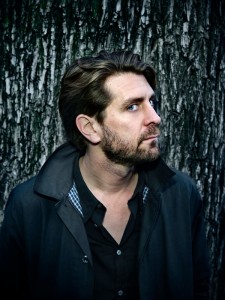
I read sociological studies about airplane hijacking. You can tell from this study that the frequency of divorce is extremely high after airplane hijacking. It points out expectations about how we should behave in a crisis situation and when a man isn’t the hero he’s expected to be, couples have a really hard time getting over that.
What’s so absurd about the world of ski resorts?
The tourists dressed up in neon colors, and the goggles, the well-to-do people who don’t have problems in their lives. I was fond of the idea of messing things up for those people, having them meeting human mechanisms that you mostly see in war or a nature catastrophe: they don’t have any experience how they would react when in survival instinct mood. The ski resort itself is like a metaphor: there’s a constant struggle between man and nature. The civilized, trying to control the force of nature. The resort is always trying to stabilize the snow. There was something about that that fit the subject of the film very well.
To read the full interview, go to Indiewire.com.

